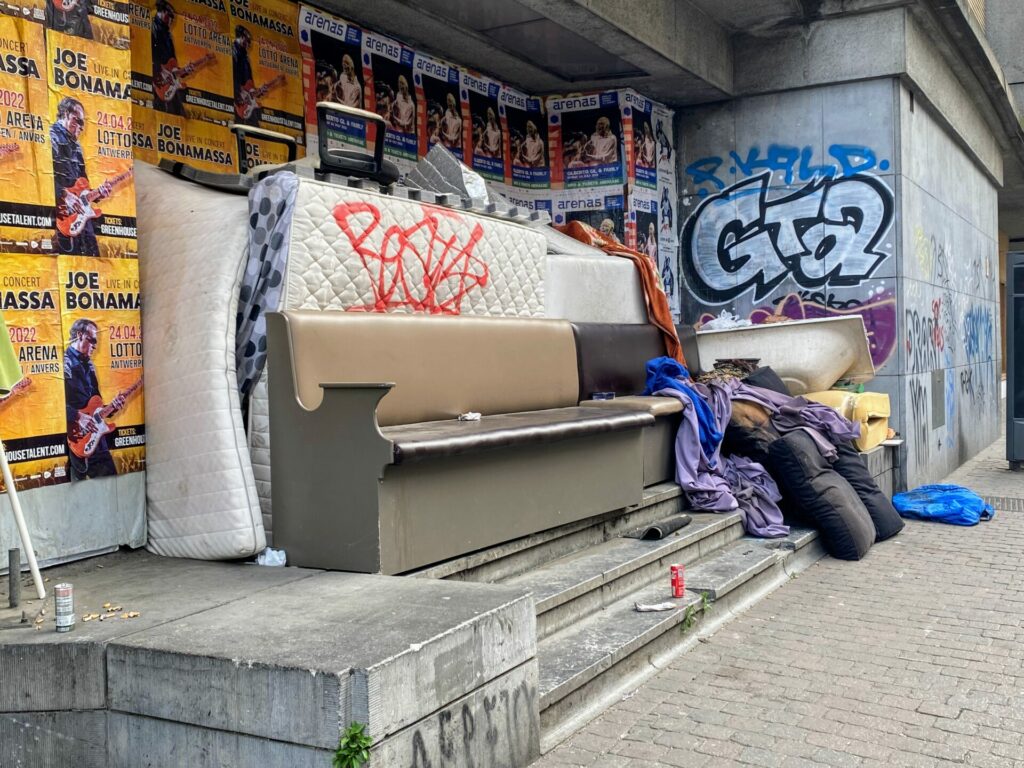From the continuing housing crisis to the gap between rich and poor, inequality in Brussels has been exacerbated by the Covid crisis, according to an analysis by perspective.brussels.
The city's social divides can be seen in the way that neighbourhoods in the centre, the north and the west have more limited access to healthcare, education, sports, and cultural facilities than the rest of the region. The shortage of general practitioners in these areas became all the more visible due to the corona crisis.
“The crisis has exacerbated the social problems in the most deprived neighbourhoods,” said the cabinet of Brussels Prime Minister Rudi Vervoort.
“We already had that feeling but the figures now confirm it. This is never pleasant to see and is certainly a warning for our social policy.”
Prevailing poverty
Poverty in Brussels also became more acute. About a third (31%) of the Brussels population lives on an income that is below the at-risk-of-poverty threshold (€1,284 per month for a single person and €2,696 per month for a couple with two children).
The issue is markedly worse than in Flanders (where this applies to 10% of the population) and Wallonia (18%).
Various support measures were introduced to limit the financial impact of the pandemic, but groups that are overrepresented in the Brussels-Capital Region, namely artists, students, undeclared workers, homeless people and undocumented migrants, could not rely on these measures.
Moreover, 11% of the Brussels population cannot pay their bills on time and 44% are financially unable to cope with an unexpected expense.
Rising rent
Despite the prevailing poverty, rent continues to rise year on year, especially in the most affordable segment of the market, according to Bruzz. The ever-increasing costs weigh heavily on a third of the Brussels inhabitants, whose housing costs account for more than 40% of disposable income.
Consequently, the number of households on the waiting list for social housing is also increasing, standing at about 51,000 households today. The Covid crisis also led to delays in the renovation and allocation of social housing.
The region hopes to increase social housing by 15% in every municipality by 2024; so far this has only been achieved in five municipalities. In order to achieve the intended target, the region would have to build or purchase just over 22,000 additional homes.
Homelessness
Homelessness in Brussels has also been exacerbated by poverty and rising rents. The last count was on November 9, 2020. The count stood at 5,313 people, a 28% increase since 2018.
Homeless people were exposed a lot more to the dangers of Covid during the peak of the crisis. The measures, such as limiting the number of places in reception centres, also had a major impact on them.

